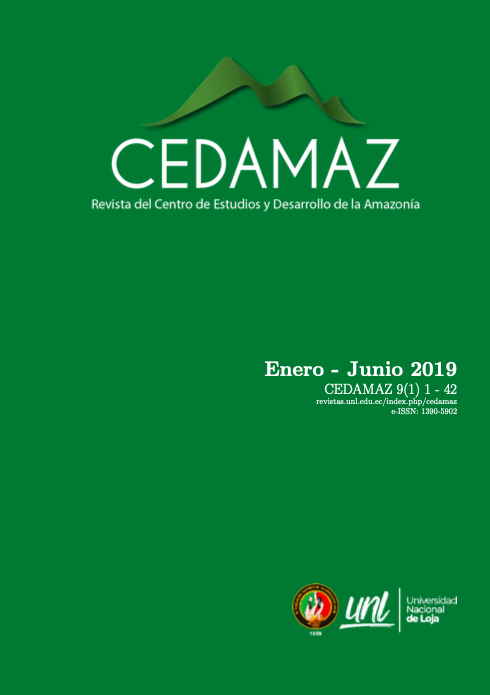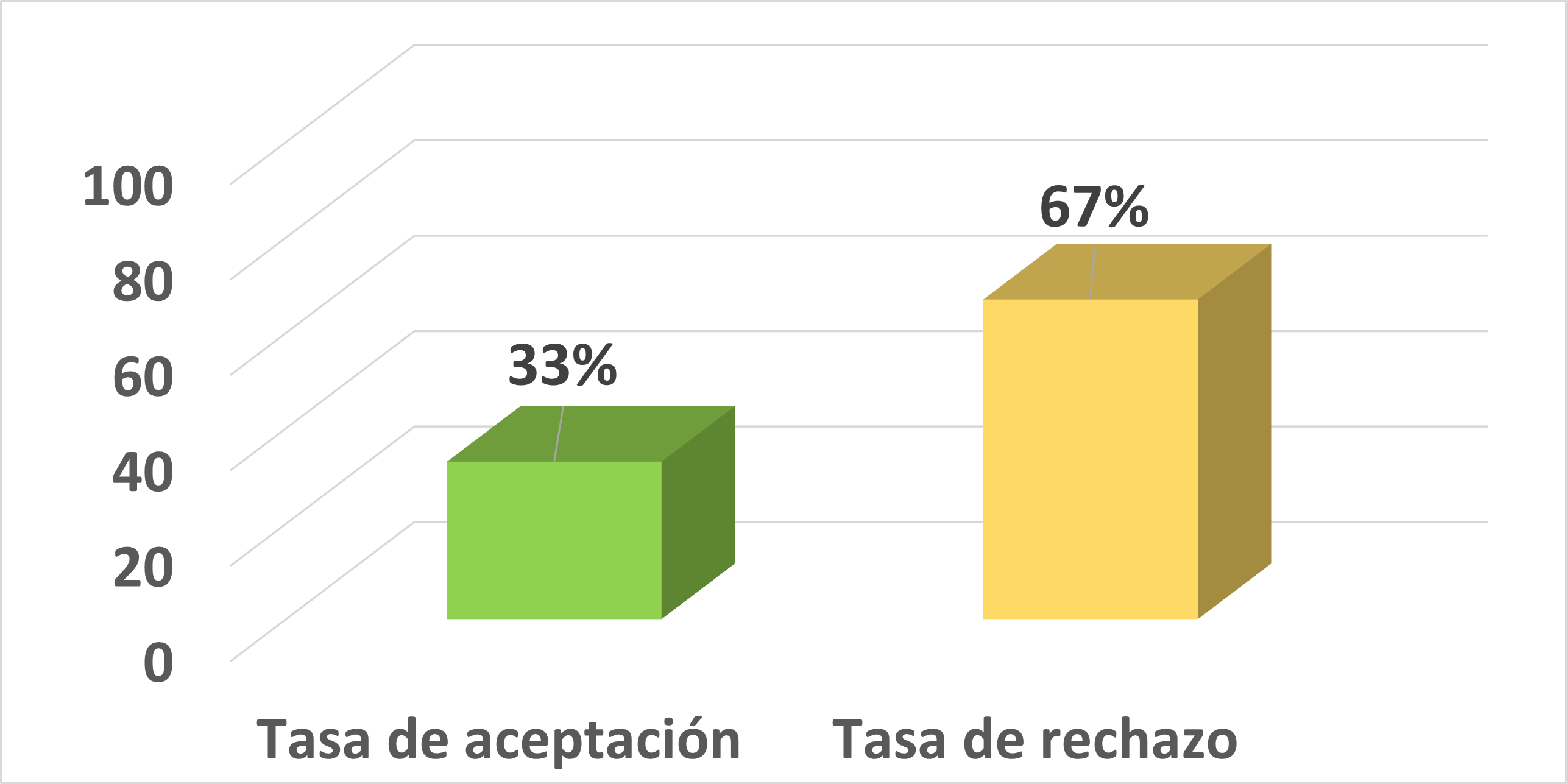Paisaje cultural y salud emocional de los habitantes del Qhapaq Ñan en el Sur del Ecuador
Palabras clave:
Convivencia, Cultura, Emociones, Identidad, Saberes ancestrales, SimbólicoResumen
En este estudio se analiza cómo es abordado el paisaje cultural en la época andina, incaica y contemporánea, considerando que paisaje no solo es naturaleza, es también producto de la interacción con el ser humano, son vestigios y herencia de los antepasados que dan un carácter histórico, simbólico y de identidad para relacionar y valorar el pasado con el presente y desarrollar procesos de convivencia, salud emocional y física en un determinado espacio-territorio. La metodología de corte cualitativo analiza las dimensiones de cultura, paisaje e identidad, para validar los saberes de la cultura indígena y mestiza centrada en las comunidades que habitan en la Ruta del Qhapaq Ñan a su paso por Loja. Finalmente, a manera de conclusiones se establece el interés de la investigación en repensar la relación ser humano-paisaje como parte de una realidad cambiante a la que no hay que afectar sino convivir con la naturaleza para beneficiar la salud y bienestar de los individuos.Descargas
Publicado
Cómo citar
Número
Sección
Licencia
Derechos de autor 2019 CEDAMAZ

Esta obra está bajo una licencia internacional Creative Commons Atribución-NoComercial-SinDerivadas 4.0.
Aquellos autores/as que tengan publicaciones con esta revista, aceptan los términos siguientes:
-
Luego que el artículo científico es aceptado, para su publicación el o la autora aceptan ceder los derechos de la primera publicación a la Revista CEDAMAZ, conservando sus derechos de autor. Se permite la reproducción total o parcial de los textos que se publican siempre y cuando sea sin fines de lucro. Cuando se ejecute la reproducción total o parcial de los artículos científicos aceptados y publicados en la revista CEDAMAZ, se debe citar la fuente completa y la dirección electrónica de la publicación.
-
Los artículos científicos aceptados y publicados en la revista CEDAMAZ pueden ser depositados por los autores de manera integra en cualquier repositorio sin fines comerciales.
-
Los autores no deben distribuir los artículos científicos aceptados, pero que todavía no han sido publicados oficialmente por la revista CEDAMAZ. En el caso de incumplir esta norma implica el rechazo del articulo científico.
- La publicación de su obra, el cuál estará simultáneamente sujeto a la Licencia de reconocimiento de Creative Commons









